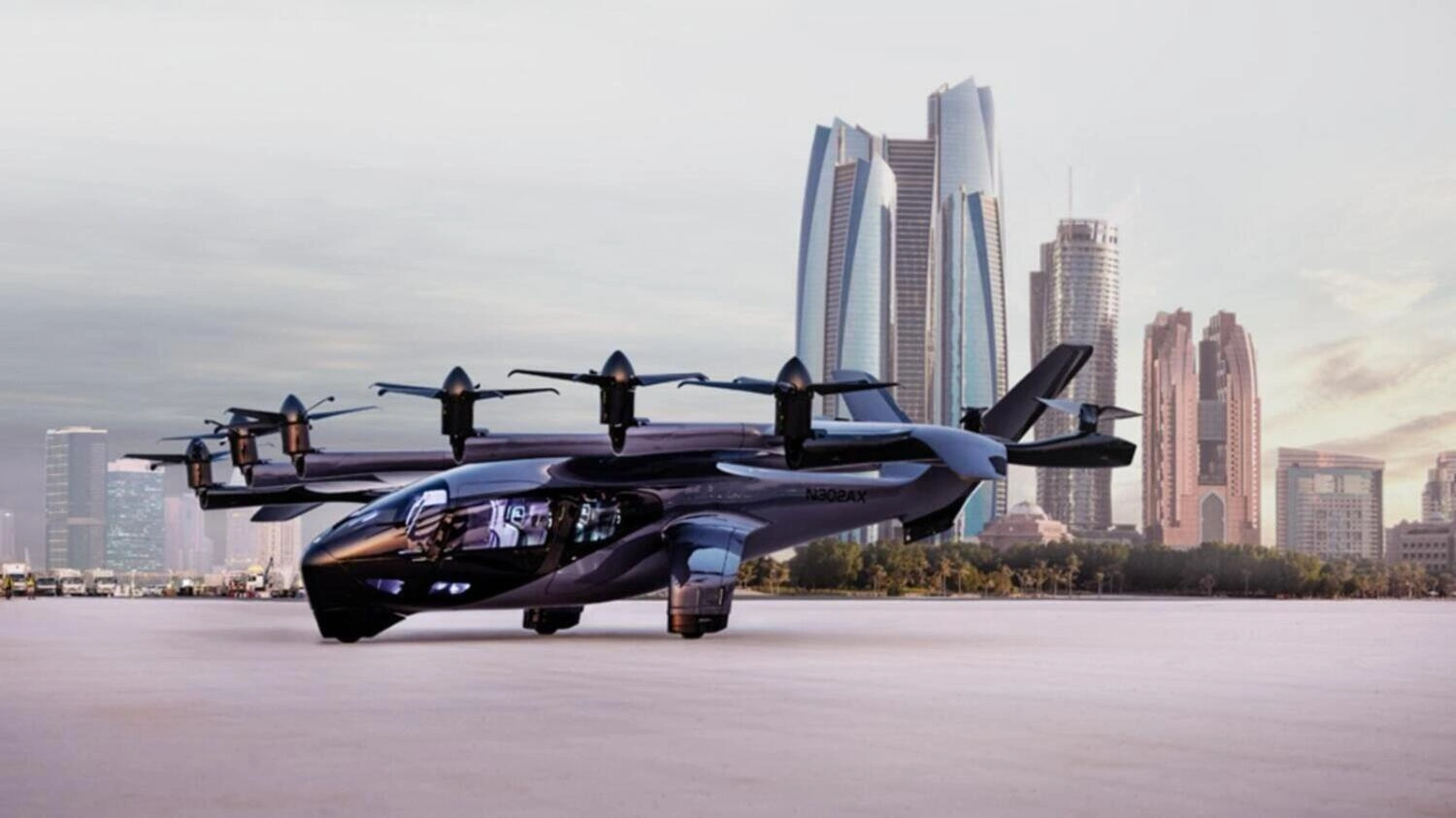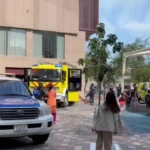Flying taxis are gaining momentum in the UAE, with more companies expressing interest in launching operations, a senior official confirmed on Wednesday.
“We are in discussions with several clients. While no formal agreements are in place yet, we are engaging in informal talks to ensure the applicants are serious about introducing this service. Other requirements, such as product certification, also need to be met. There are companies in the pipeline, but we are not ready to make any announcements,” said Eng. Aqeel Al Zarouni, Assistant Director-General for Aviation Safety Affairs at the UAE’s General Civil Aviation Authority (GCAA).
Flying Taxi Projects in the UAE
The UAE has already partnered with leading flying car manufacturers Archer and Joby to launch air taxi services by early 2026. These efforts align with the government’s vision of promoting eco-friendly, modern transportation. Once operational, the UAE will join a select group of nations pioneering this futuristic mode of travel.
Currently, applications from Archer and Joby are being reviewed by the GCAA. The initial launches are planned for Abu Dhabi and Dubai, marking a significant step toward innovative mobility.
Challenges of eVTOL Technology
Flying cars, also known as eVTOLs (electric vertical take-off and landing vehicles), represent a new frontier in transportation. Their approval and deployment require collaboration among manufacturers, regulators, and operators to navigate the complexities of this cutting-edge technology.
Regulatory Updates for Flying Taxis
During a press event for the private aviation sector, Al Zarouni highlighted the UAE’s leadership in developing regulations for eVTOL vehicles over the past few years.
“When introducing a new transportation modality, we must create tailored regulations. Last year, we published rules for vertiports, which are essential for safe operations. Few countries have a comprehensive framework for certifying and operating vertiports,” Al Zarouni stated during the Mebaa 2024 conference held at Dubai World Central.
The GCAA is working with stakeholders to refine these regulations. By mid-2025, the current rules, known as Unmanned Air Mobility, will be updated and renamed Advanced Air Mobility to better address the needs of air taxi operators.
Vertiports and Hybrid Helipads Use
Dubai has announced plans to construct four vertiports for flying taxi operations, starting with one at Dubai International Airport. These facilities are essential for supporting eVTOL operations in the city.
The GCAA is also exploring the hybrid use of existing helipads as vertiports. “Hybrid operations require certification to handle both eVTOLs and helicopters,” Al Zarouni noted. Stakeholder consultations for this dual-use approach have been completed, signaling further progress in infrastructure development.





